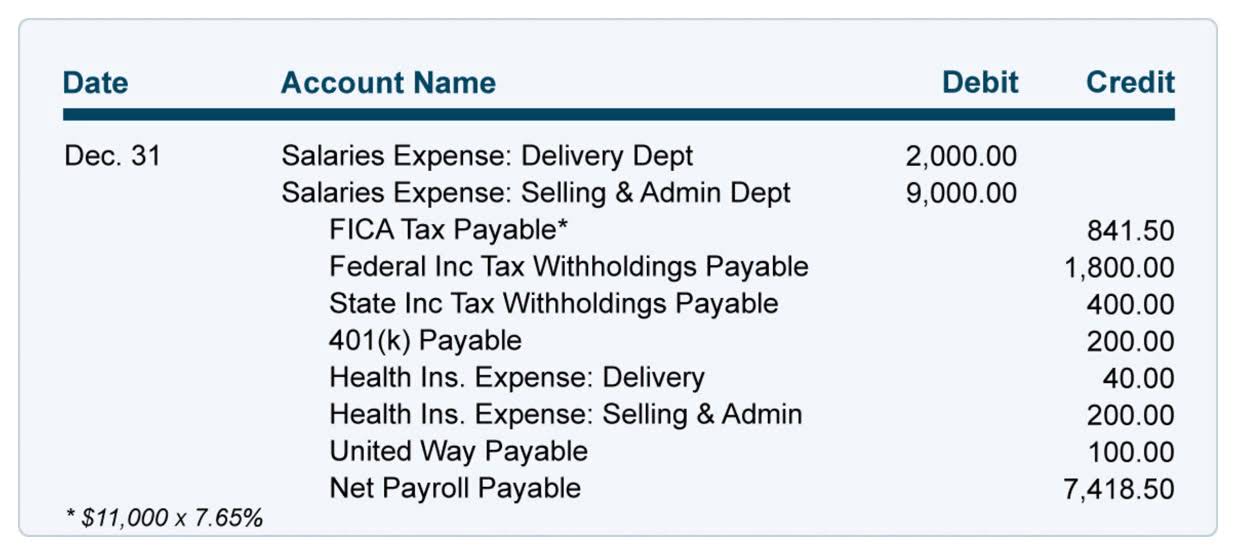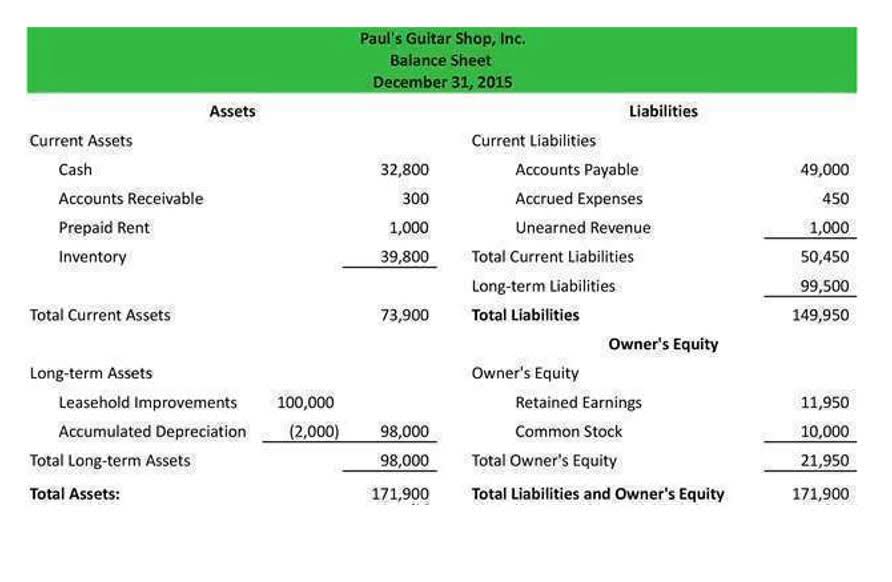
Financial reports are one of the many tools available to real estate businesses. Many real estate agents like cash accounting for the peace of mind it gives them come tax time. Embracing the digital shift towards virtual bookkeeping can yield substantial benefits, from cost savings to improved operational efficiency. This strategic decision not only streamlines financial management but also allows businesses to dedicate more resources to their core activities—those that drive revenue and growth. Reliable Real Estate Bookkeeping is predicated on the accuracy and completeness of financial documentation. It is the cornerstone that supports a transparent audit trail, critical for both internal review and regulatory scrutiny.
Identifying and Avoiding Accounting Mistakes
Training sessions offer insights into technology implementation techniques. Restaurant Cash Flow Management For real estate professionals, new technologies are indispensable. Accurate technology implementation drives efficiency and ensures that accounting processes remain cutting-edge. Customization in accounting software allows businesses to tailor features to their needs. Personalization ensures that the software aligns with specific business strategies.
- Understanding real estate accounting is vital for managing your property investments effectively.
- Accurate upgrades drive efficiency and ensure that software remains at the forefront of the industry.
- Accrual accounting recognizes revenues and expenses when they are incurred, not when cash changes hands.
- These templates greatly simplify the accounting process for small business owners and real estate investors by offering easy-to-understand layouts and a streamlined design.
- For real estate professionals, consistent data entry is crucial for financial analysis.
Benefits of Specialized Real Estate Accounting Systems

Nick Charveron is a licensed tax practitioner, Co-Founder & Partner of Community Tax, LLC. His Enrolled Agent designation is the highest tax credential offered by the U.S Department of Treasury, providing unrestricted practice rights before the IRS. If the numbers don’t match, then there has been an accounting error. Granted, there could still be an error even if the equation is balanced (for instance, if two separate errors offset one another). But the accounting equation is a good way petty cash to detect glaring errors. Relying too much on manual processes instead of using automation tools like Shoeboxed can increase the risk of human error.
How often should real estate agents update their bookkeeping records?
Accurate revenue recognition drives financial transparency and stakeholder trust. Ultimately, understanding lease agreement nuances ensures that income statements reflect the true profitability of a property. Every quarter, real estate professionals review their property’s performance. This involves analyzing financial statements, understanding market trends, and refining strategies. Advanced analytics offer insights into performance drivers and potential areas of concern. Regular reviews ensure that strategies remain aligned with market realities.
- Alongside her accounting practice, Sandra is a Money and Life Coach for women in business.
- This involves leveraging professional accountants and utilizing modern accounting tools.
- As you’ve seen, recording a property purchase in QuickBooks involves multiple steps and a solid understanding of accounting principles.
- It’s a vital aspect of successful real estate accounting that enhances market reputation.
- It involves understanding and adhering to financial accounting standards and maintaining transparency in transactions.
- Transactions are recorded differently, depending on which accounting method you use.
- Effective income tracking is vital for rental property management, enabling agents to monitor rental income, identify delinquent payments, and track rental arrears efficiently.
Integrates with accounting software

This involves exploring AI-powered analytics, utilizing cloud platforms, and integrating with CRM systems. Staying updated with these changes is crucial for modern real estate accounting. This involves continuous training, evaluating new software releases, and adapting to evolving industry standards. The real estate sector witnesses a plethora of transactions daily. From rental incomes to capital expenditures, the diversity is vast.
Property tax is a significant consideration in real estate accounting. Understanding its implications ensures accurate financial reporting and tax optimization. Advanced software solutions offer features for understanding property tax. Regular reviews ensure that businesses remain updated on property tax regulations. For real estate professionals, understanding property tax is indispensable.

It emphasizes the importance of transparent financial reports, fiscal responsibility, and ethical accounting standards. The insights provided here are essential for any real estate investor looking to understand the benefits of solid accounting practices. Expense tracking ensures that expenditures are recorded accurately.

Recognizing International Financial Reporting Standards (IFRS)
This accounting system is named after the two parts of each transaction that document the origin and destination of the funds. This reduces errors, eliminates duplicate bookkeeping for real estate agents transactions, and improves the likelihood of balancing your books. The double-entry method allows you to process the purchase with a single entry and effectively verify that the debits and credits are in balance, preventing errors in any accounts.
